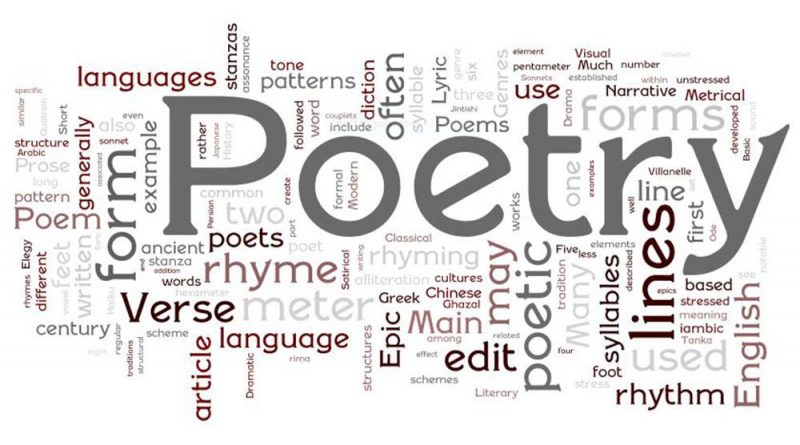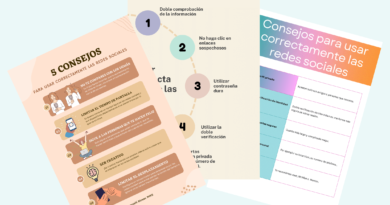The Benefits of Teaching Poetry (MYP 1)
“Poetry enables teachers to teach their students how to write, read, and understand any text. Poetry can give students a healthy outlet for surging emotions”
— Andrew Simmons, The Atlantic (Source)
In their current unit, MYP 1 students are learning about poetry as a medium of communication and self-expression. Students will explore different forms of poetry and how they are used around the world. They will look at poetry through an international lens and compare poetry in different countries, including the different styles and purposes of it. Students will also engage in activities to practice writing their own poetry. For example, students are writing their own slam poems and some of them will present their poems at the EXPRESS Slam Poetry competition toward the end of June! Guiding this unit is the following IB statement of inquiry:
Poetry is a form of creative expression that is used around the world to reflect personal, social, and cultural experiences over time.
Types of poems
Students are learning about the following forms of poetry in this unit:
- Haiku
- Slam poetry
- Rhymed poetry
- Sonnet
- Limerick
- Calligram

Literary devices
A large part of this unit is learning to analyze poetry. However, in order to do this, there are a lot of new vocabulary words for students to learn, most of which are known as literary devices. “Literary devices are techniques that writers use to express their ideas and enhance their writing. Literary devices highlight important concepts in a text, strengthen the narrative, and help readers connect to the characters and themes” (Source). In this introductory unit to poetry, students are learning about the following literary devices commonly used in poetry:
- Alliteration
- Simile
- Metaphor
- Extended metaphor
- Personification
- Hyperbole
- Tone
- Rhyming
- Syllables
- Onomatopoeia
- Imagery
- Allusion

Some of these literary devices are easy to grasp (e.g., alliteration is when two or more words starting with same sound are used together such as “the slithering snake”) and some of them are more difficult to understand (e.g., an extended metaphor is a literary technique that explains a concept by directly mentioning another concept and drawing multiple parallels between them). Students are learning about all of these literary devices and are given the opportunity to analyze them in other poems as well as include them in their own poems that they are writing.
Learning to use literary devices in poetry transfers to all other types of English writing; that is, they are important and useful beyond poetry. In addition to poetry, literary devices are used in many – if not all – other genres of text (e.g., fiction, fantasy, historical fiction, biography, essay writing, and so on), and this knowledge will serve students well throughout their lives as proficient lifelong English learners.
What are the benefits of studying poetry?
There are numerous benefits associated with learning poetry in middle school. Although this list is not exhaustive, the following includes some of the key benefits of having students learn to analyze and practice writing poetry:
- Poetry helps students learn more about themselves and about each other
- Poetry emphasizes learning/ practicing English skills such as writing, reading, listening, and speaking (emphasis on pronunciation and intonation)
- Poetry helps students explore language and new vocabulary words
- Poetry inspires reading and writing
- Poetry provides students with a safe outlet for (emotional) self-expression
- Poetry encourages creative thinking
- Poetry encourages critical thinking (when analyzing poems in terms of their structure, various literary devices, etc.)
- Poetry provides students with opportunities to challenge themselves and step outside of their comfort zone!





